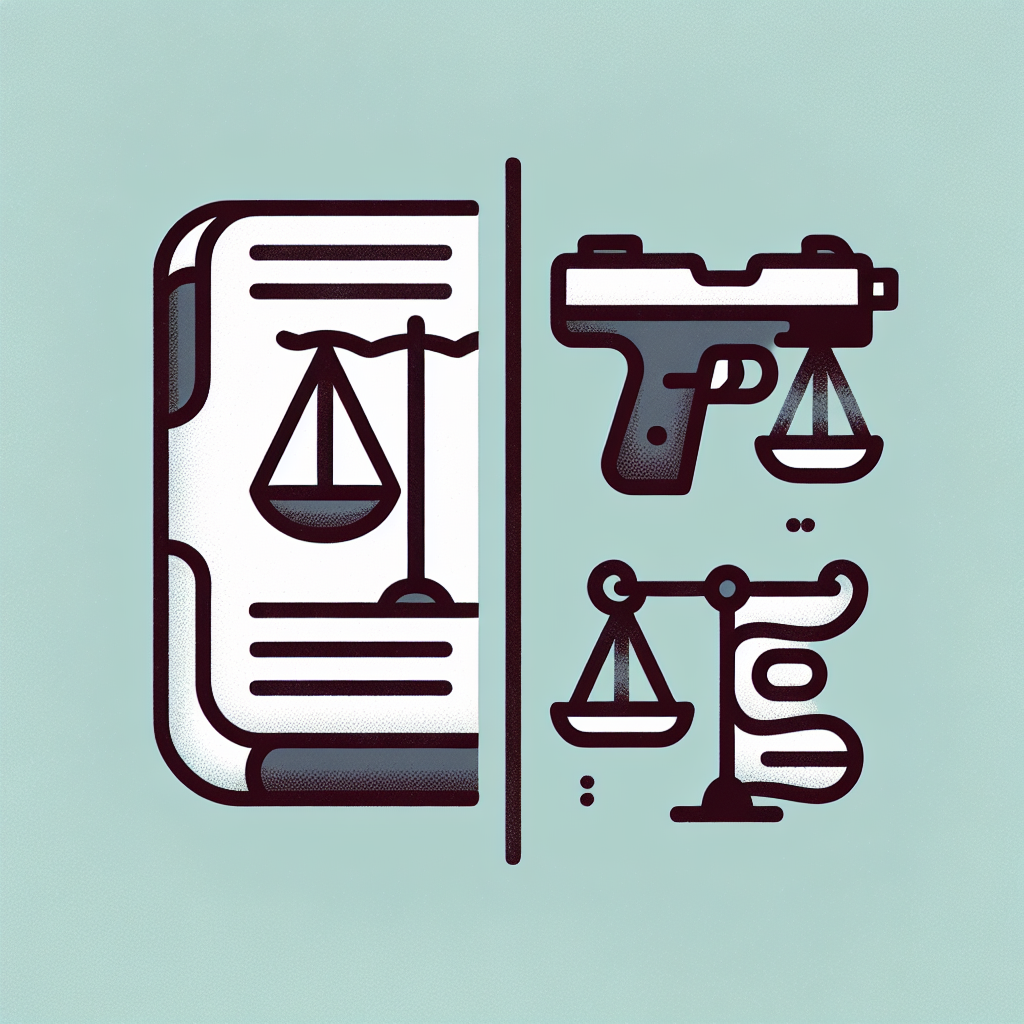Controversy Surrounds El Salvador's Cybersecurity Laws
Human Rights Watch has raised alarms over new cybersecurity and data protection laws in El Salvador. The concern revolves around potential threats to free speech, press freedom, and privacy. The laws, passed by the ruling party, risk misuse against journalists and critics, while introducing a powerful State Cybersecurity Agency.

Human Rights Watch has voiced significant concerns regarding two newly enacted cybersecurity and data protection laws in El Salvador, highlighting potential jeopardies to freedom of speech, press freedom, and privacy. The laws were passed in mid-November by El Salvador's Congress, which is dominated by President Nayib Bukele's party, under the pretense of safeguarding personal data.
Juanita Goebertus, director for the Americas at Human Rights Watch, articulated apprehensions that, given the current climate of opacity and intimidation faced by independent journalists and civil organizations, these laws could be weaponized to stifle free expression and information. A newly established State Cybersecurity Agency, led by a presidential appointee, will be responsible for enforcing these regulations.
The organization also criticized the introduction of a "right to be forgotten," which grants the agency expansive authority to mandate the removal of online information about individuals. This development comes amidst allegations against the Salvadoran government of lacking transparency and surveilling critics and journalists, accusations which the government has denied.
(With inputs from agencies.)










